১০ ফাল্গুন ১৪৩২
Business Slump, Tax Collection Collapse—Bangladesh Under Strain Before IMF
02 October 2025 19:10 PM
NEWS DESK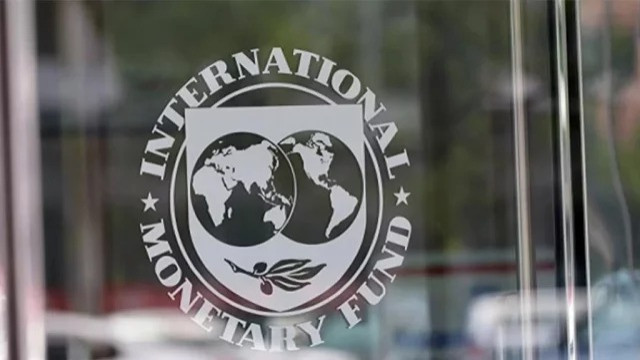
A slowdown in trade and commerce has reduced expected earnings, leaving businesses with lower profits. As a result, the government is struggling to collect sufficient revenue from them.
The revenue shortfall is widening, and the tax-to-GDP ratio continues to fall. Yet the International Monetary Fund (IMF) is holding firm to its conditions. Instead of rising, as stipulated in the loan deal, the ratio has dropped further.
Against this backdrop, IMF officials are visiting Bangladesh, where the National Board of Revenue (NBR) will face accountability in upcoming meetings. Economists argue that identifying the causes of failure is not enough; the NBR must outline concrete strategies to boost future revenue collection, according to sources.
Data show that in 2020, during the pandemic slowdown, the tax-to-GDP ratio stood at 7 percent. In 2025, it had dropped to 6.6 percent, down from 7.6 percent just a year earlier. A decade ago, the ratio briefly crossed into double digits but could not be sustained.
The IMF has long expressed dissatisfaction with Bangladesh’s low tax-to-GDP ratio. To address this, the NBR is preparing plans to satisfy the lender.
Before releasing the sixth installment of its approved $4.7 billion loan, the IMF will send a mission to Dhaka in October. Although the date is yet to be confirmed, NBR officials are already finalising their roadmap to meet IMF conditions. Policy-makers are holding lengthy meetings daily to devise strategies.
NBR sources say the government increased taxes and duties in the current budget in line with IMF conditions, which is expected to raise the tax-to-GDP ratio by 0.5 percent. The NBR is now working on a roadmap to secure massive revenue collection in income tax, customs, and VAT.
In the fiscal year 2024–25 (FY25), the NBR collected Tk 3.7 trillion in revenue. For FY26, the target has been raised to Tk 4.99 trillion. However, in the first two months of the current fiscal year, revenue collection has already fallen short by Tk 6,577 crore.
NBR member (tax policy) Barrister Mutasim Billah Faruqi said: “We did not sign an agreement with the IMF. They gave us suggestions to increase the tax-to-GDP ratio, and we will only adopt what is realistic. Nothing specific has been finalised yet. We agree with many of their recommendations, but more consideration is needed. Our tax policy aims to support industrial growth, and we want to make that clear.”
Asked about the outline the NBR would present to the IMF mission, a senior official, requesting anonymity, said: “After the mass uprising, trade and investment have not returned to normal. During the interim government, businesspeople remain hesitant to invest. To boost revenue collection, the country needs an elected and stable government. The IMF understands this.”
He added: “We have launched initiatives to simplify business processes in income tax, customs, and VAT; to ensure transparency in collection; enforce zero tolerance for corruption; recover arrears; reduce legal backlogs; ease taxpayer difficulties; and speed up problem-solving. Following IMF advice, the government has also divided the NBR into two divisions. Still, we could not fulfil all of the IMF’s requirements. We must now convince them with explanations.”
Reports indicate that the IMF’s $4.7 billion loan package, approved in seven installments until 2026, comes with 38 conditions involving the NBR, Bangladesh Bank, and other agencies. Without visible progress in meeting these reforms, loan disbursement could be delayed. Officials are therefore preparing to show compliance before the release of the sixth installment.
Mohammad Abdur Razzaque, chairman of Research and Policy Integration for Development (RAPID), said: “The IMF knows why the tax-to-GDP ratio has declined. In the post-upheaval context, revenue collection has been inadequate. But explaining the reasons for failure is not enough. The NBR must present strategies for the future. Raising revenue requires long-term planning. The NBR has already prepared a medium-term strategy, but it must be reviewed to determine whether it can realistically achieve the targets.”





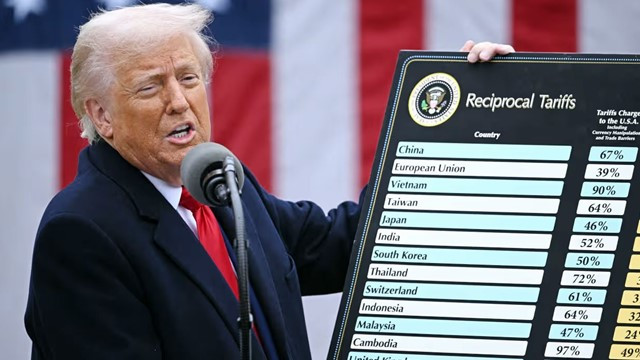
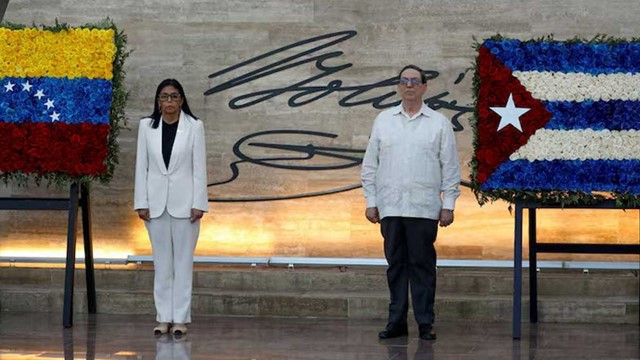
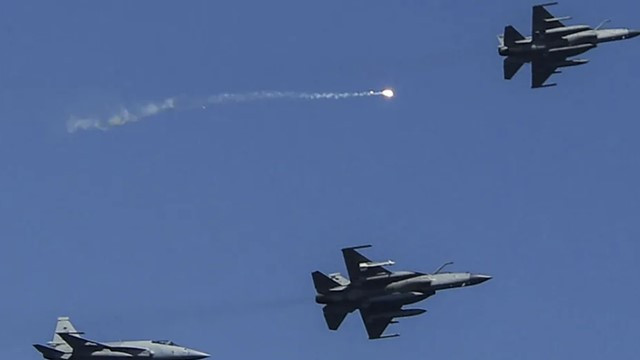

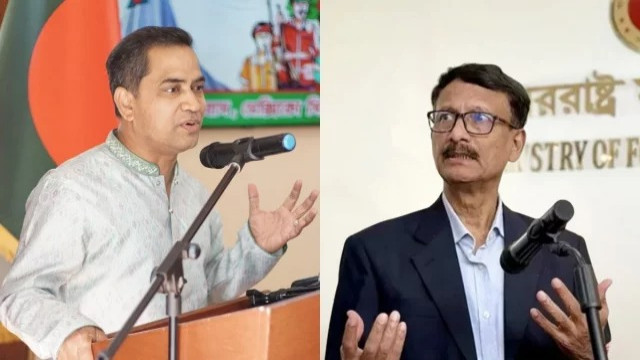


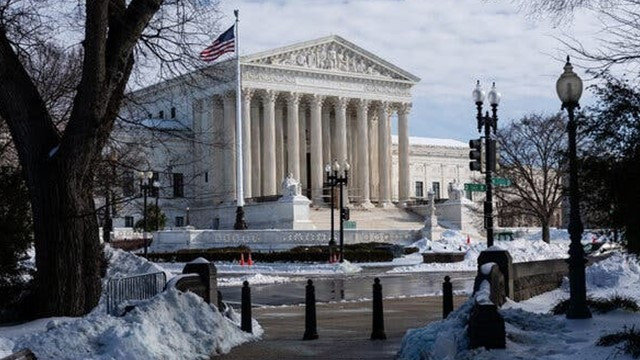
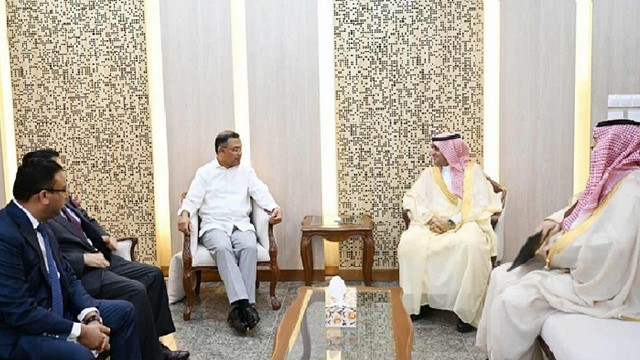

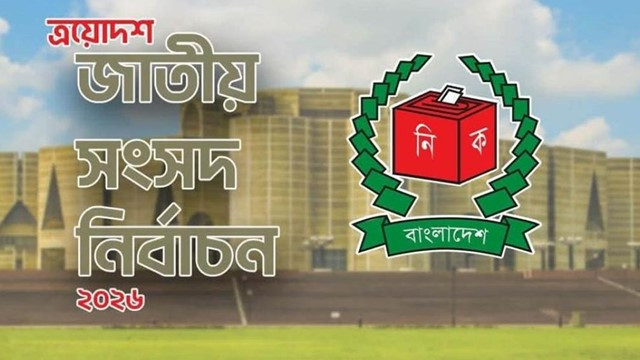
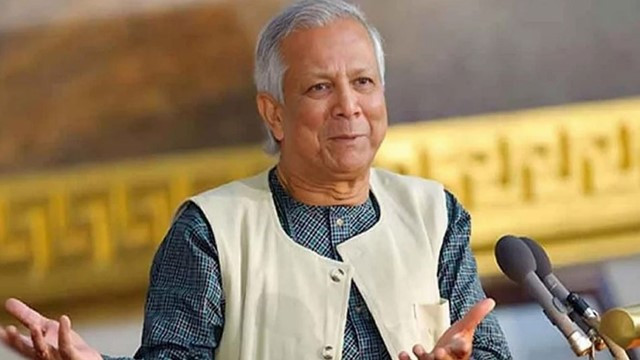
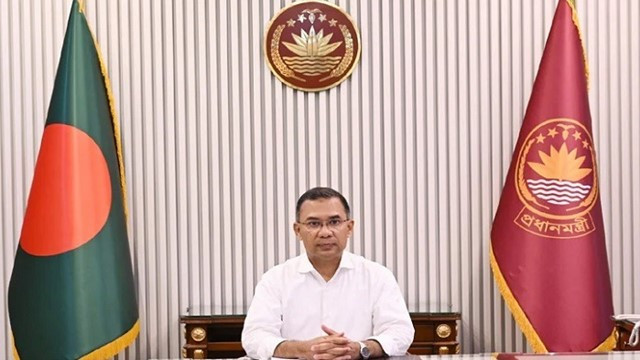
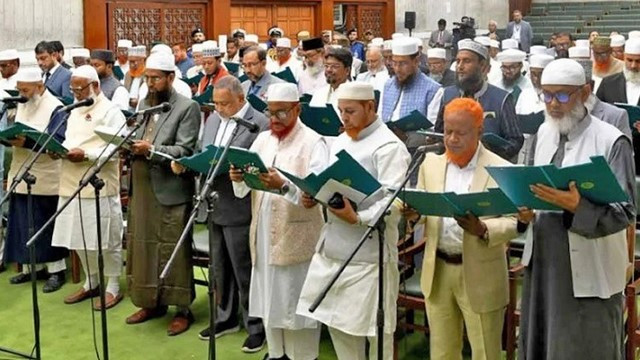
Comments Here: